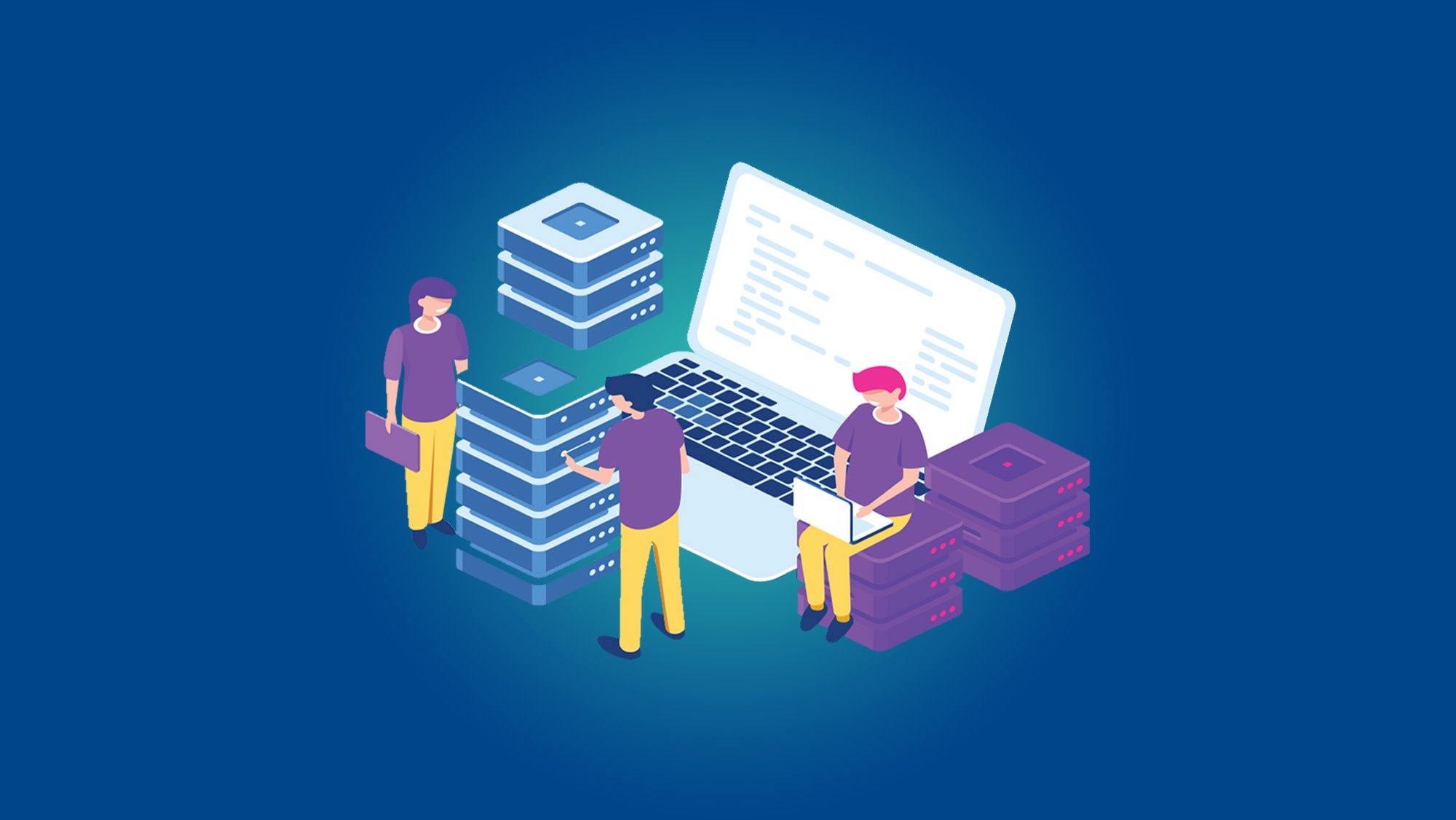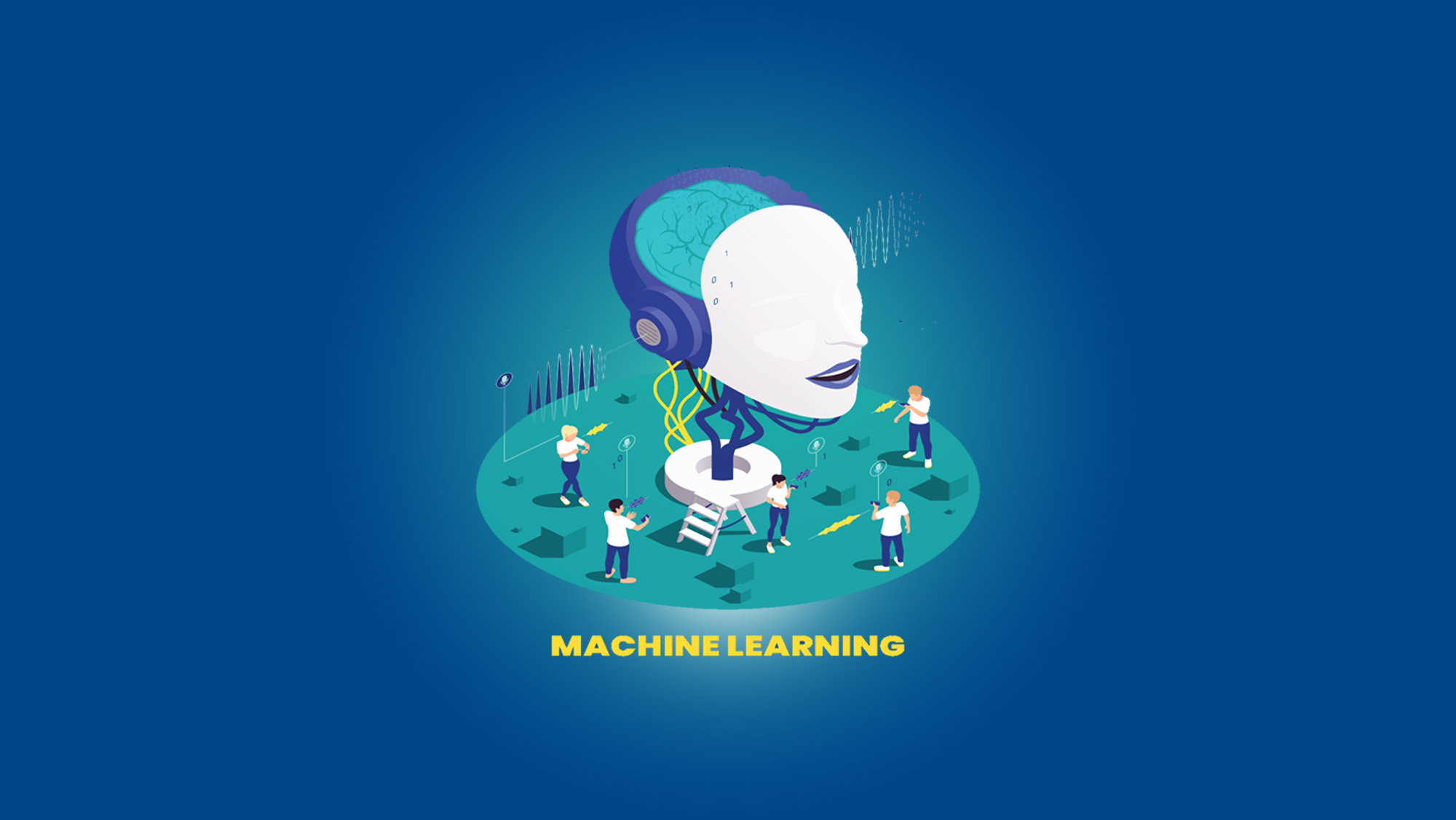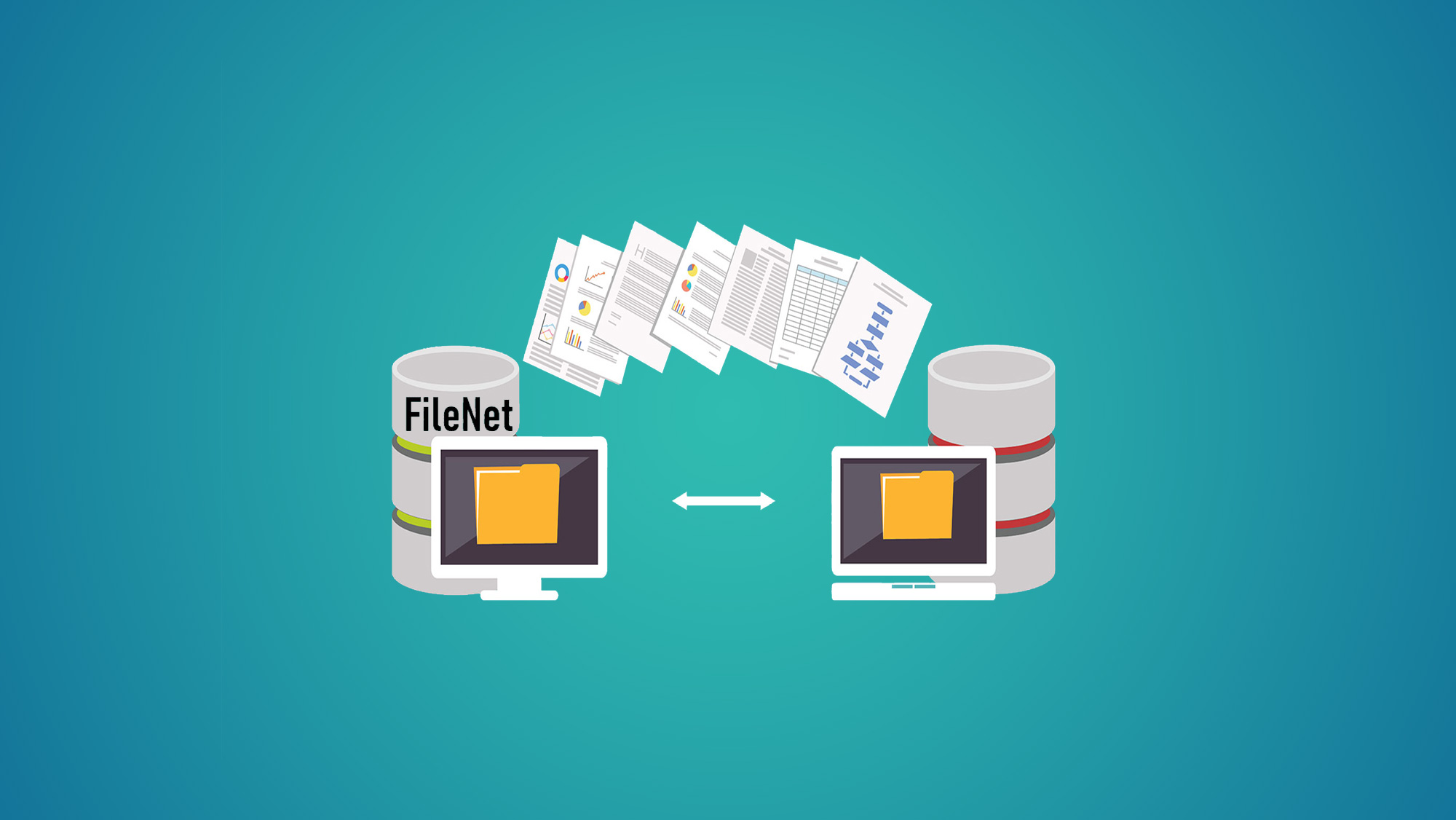Everything You Need To Know About Teradata Training
Introduction:
Teradata is a powerful database management system designed for handling large-scale data warehousing and analytics. Whether you're a beginner or an experienced professional, Teradata training can provide you with the knowledge and skills necessary to excel in this field. In this comprehensive guide, we will cover all the essential aspects of Teradata training, including its benefits, topics covered, prerequisites, and career opportunities.
Why Teradata Training?
Topics Covered in Teradata Training:
Prerequisites for Teradata Training:
Benefits of Teradata Training:
Career Opportunities in Teradata:
Why Teradata Training?
Teradata Training is essential for professionals looking to enhance their skills in data analytics, database management, SQL, performance optimization, and career advancement in the field. It provides hands-on experience and in-depth knowledge of Teradata technologies and tools, empowering individuals to efficiently work with large-scale data and drive data-driven decision-making.
Topics Covered in Teradata Training:
Teradata Training covers a wide range of topics, including:
- Introduction to Teradata
- Teradata SQL
- Teradata Database Design
- Teradata Utilities
- Teradata Performance Optimization
- Teradata Analytics
- Teradata Tools and Applications
- Teradata Security and Administration
- Teradata Data Warehouse Concepts
- Teradata Advanced Topics
Prerequisites for Teradata Training:
To make the most out of Teradata Training, it is beneficial to have the following prerequisites:
- Basic SQL Knowledge: Familiarity with SQL and its concepts is essential, as Teradata uses SQL as its primary query language.
- Database Concepts: Understanding fundamental database concepts like tables, views, indexes, and relationships will help in grasping Teradata's database design and architecture.

Read More: Becoming a Teradata Expert: Essential Training for Data Professionals |
- Data Warehousing Knowledge: Having knowledge of data warehousing concepts, such as dimensional modeling and ETL processes, will provide a strong foundation for Teradata's data warehousing capabilities.
- Programming Skills: Basic programming skills, preferably in a language like Python or Java, can be advantageous for leveraging Teradata's scripting capabilities and integrating with other tools and applications.
- Analytical Mindset: A strong analytical mindset, along with critical thinking and problem-solving skills, will enable learners to effectively analyze and interpret data using Teradata's analytics features.
Benefits of Teradata Training:
Teradata Training offers numerous benefits to individuals and organizations:
- In-depth Understanding: Teradata Training provides a comprehensive understanding of Teradata's database management system, including its architecture, features, and functionalities. It equips learners with the knowledge to leverage Teradata effectively.
- Enhanced Data Warehousing Skills: Teradata is widely used for data warehousing, and training in Teradata helps individuals develop strong data warehousing skills. It covers topics like dimensional modeling, ETL processes, and data integration, enabling learners to design and manage efficient data warehouse solutions.
- Advanced Analytics Capabilities: Teradata offers robust analytics features, including advanced statistical analysis, machine learning, and data visualization. Training in Teradata equips learners with the skills to leverage these capabilities, enabling them to perform sophisticated data analysis and derive valuable insights.
- Improved Performance and Optimization: Teradata Training focuses on performance tuning and optimization techniques, helping learners enhance query performance, optimize database structures, and improve overall system efficiency. This results in faster query execution and better utilization of system resources.
- Career Advancement Opportunities: Teradata is widely used by organizations across various industries, creating a high demand for professionals with Teradata skills. Training in Teradata enhances career prospects, opening up opportunities for roles like Teradata developer, data analyst, data engineer, and database administrator.

Read More: Teradata Mastery: Enhance Your Analytical Skills with Expert Training |
- Real-world Application: Teradata Training often includes hands-on exercises and real-world scenarios, allowing learners to apply their knowledge in practical settings. This enhances their problem-solving skills and prepares them for real-world challenges.
- Certification Preparation: Teradata Training often includes preparation for Teradata certifications. Achieving Teradata certifications validates the skills and knowledge gained through training and enhances professional credibility.
Career Opportunities in Teradata:
Teradata offers a wide range of career opportunities for professionals with expertise in the platform. Some of the potential career paths in Teradata include:
- Teradata Developer: Teradata developers are responsible for designing, developing, and maintaining Teradata-based solutions. They work on data modeling, ETL processes, database programming, and query optimization to ensure efficient data management and retrieval.
- Data Analyst: Data analysts use Teradata to analyze and interpret large datasets, identify patterns, and derive actionable insights. They work closely with business stakeholders to understand data requirements and provide analytical solutions to support decision-making.
- Data Engineer: Data engineers focus on the design, construction, and maintenance of data pipelines and data integration processes using Teradata. They ensure data quality, data transformation, and efficient data flow across different systems and platforms.
- Database Administrator (DBA): Teradata DBAs are responsible for managing and optimizing Teradata database systems. They ensure data security, monitor system performance, implement backups and recovery strategies, and handle database maintenance tasks.
- Business Intelligence (BI) Developer: BI developers leverage Teradata to design and develop interactive dashboards, reports, and visualizations that enable users to analyze and explore data. They collaborate with business stakeholders to understand reporting requirements and deliver insightful visualizations.
- Data Architect: Data architects design the overall data architecture and data models to meet business requirements. They work with stakeholders to define data standards, implement data governance policies, and ensure data integration and interoperability across Teradata and other systems.
- Solution Architect: Solution architects design end-to-end solutions using Teradata, integrating it with other systems and technologies to address complex business challenges. They collaborate with business and technical teams to identify requirements, define architectures, and guide implementation.
Conclusion:
Teradata training offers a comprehensive learning experience for individuals seeking to excel in the field of data warehousing and analytics. By acquiring Teradata skills, you can harness the power of this robust database management system and unlock new possibilities in your career. Whether you're a data professional or an aspiring analyst, this guide will equip you with the knowledge and understanding needed to embark on your Teradata training journey with confidence.
You May Also Like
These Related Stories

Everything You Need To Know About Oracle Finance Training

Everything You Need To Know About Machine Learning Training



No Comments Yet
Let us know what you think